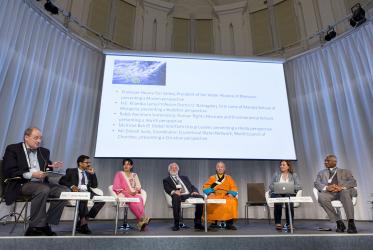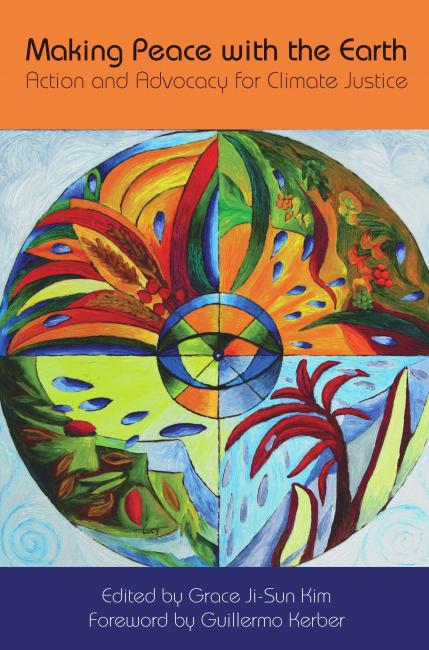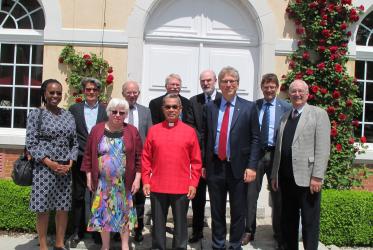Displaying 121 - 140 of 221
14 February 2017
Churches in Norway and Pakistan break new ecumenical ground
26 January 2017
Plans for 2017 decided by WCC Executive Committee
01 December 2016
Grand Imam calls for collaboration against violence and poverty
06 October 2016
Tveit offers input at religion and development meeting
03 October 2016
In Ghana, women bring open minds, honest words
05 July 2016
Panel discussion fields ideas on European identity
26 April 2016












